A Conversation with Shakeel Ali - Co-Founder of A.S.K. Academy.and the Stop Bullying System
GX: “On Tuesday, June 6th, the Commonwealth Club and the San Francisco Human Rights Commission partnered to host a conversation with a panel of activist community leaders in the African American and Asian American communities to discuss how to build a future for the Black and Asian coalition. Shakeel, how did you first hear about the event? What or who inspired you to attend?”
Ali: “Yes, thank you. I heard about this event through the Leo McCarthy Center at the University of San Francisco. They are the Center for Public Service, and the Common Good. (https://www.usfca.edu/mccarthy) , they sent me the invite. The way that I know this service center is they actually provide us with community service learners every year from the University of San Francisco; they actually call it engaged community learning now. So all the students at the University of San Francisco, do public service as a part of their degree requirements. We get interns from the university every semester, to help us with our work with ask Academy. So I was invited by them. What inspired me to go, is that being a San Francisco native and growing up in a diverse community, and going to school with people of all ethnicities, it was never really that much of an issue to me that we would need to build a coalition, because it was organically happening as I was growing up. But, I have seen all the division that has occurred, mainly because of the media. And I've been happy to be part of a coalition-building in San Mateo County. I was inspired to go into San Francisco, my hometown, and be a part of whatever needs to happen.”
GX: “Thank you, and what are some of your biggest takeaways from the conversation?”
Ali: “Well, one big takeaway was, how much work needs to be done, even though like I said, organically, the work was already there and part of my upbringing. However, with the news and the sensationalism, and, you know, people seeing the images of people from the African American community, attacking elderly Asians, these are random events, and they make it seem like it's a pattern. One person on the panel brought up the fact that the majority of Asians who are being attacked violently, are attacked by white men. That's not the image that's shown on TV. So that was one, you know, the takeaway is, there's a lot of work to be done to make sure that false narratives are not put out there, and divide and conquer techniques to keep people of color apart, and to try to, you know, drive a wedge between the children of people who don't have problems with each other. So that was a big takeaway for me. You were there as well? Was there anything that you took away?”
GX: “Definitely one of the takeaways was all the work that needs to be done. And of course, rewriting the extremely harmful and untrue, narrative that the media has been putting out also just perpetuates the centuries of the white community trying to pit minorities against each other through these untrue narratives. And I think that a lot of media has been perpetuating structural racism through how they portray communities of color. And that is something that we need to address together, through education through the way our media is through everything.”
Ali: “Yeah, so there's a lot of work that needs to be done. And that was the big takeaway. The other takeaway, though, was how many people were willing to be there and to be a part of that work, and just to show that unity, and collaboration in a relaxed environment, for the most part, it was serious. However, the atmosphere and the demeanor of everyone was very calm and confident, and secure, that we were doing the right thing.”
GX: “100% So what did you hear from the conversation? That was shocking to you?”
Ali: “Yeah, I have a lot of experience being around people of all ethnicities, as I said, so I didn't really expect to be shocked by anything. However, there was a point where, during the question period from the audience, there was one question where someone just simply said, “What are you going to do to stop the elderly agents from being beaten up by black people?” And I feel I know the whole audience was shocked. However, the panelists did a great job of addressing that concern, maybe to some people, it may have been some type of, in their mind elephant in the room. Or I felt like it was more of a diversion technique. However, the panelists did talk about, hey, “We're not calling for a kumbaya moment, there is some serious work that needs to be done.” However, everyone in the room wanted to be a part of the solution, and not to be part of the problem. So that was shocking to me, that someone put that slip of paper, you know, gave that to the panelists to maybe try to trap them into an argument, which, to my observation never occurred, everyone was very poised and serious about those, their response to that. The main thing that I heard was that you know, empathy was the key; no one wants to see an elderly person gets beat up, no matter what their ethnicity is. And on the other end, the folks that they're showing who are doing those attacks, regardless of their ethnicity, actually are people with mental health issues. So it's unfair to categorize a whole group of people based on one fringe element.”
GX: Thank you. And if there was a single message you hoped viewers got from the event, what would it be?
Ali: The main message I took from it and I would want other people to take from it is that people are people, no matter what our skin color, no matter what nation, we come from or our cultural background, we all have the same basic needs. And it just reminds me of Maslow's hierarchy of needs. We all need some security, we want to feel safe, and we want to know that we have access to food, healthy food, access to clothing, and shelter. Those types of issues affect Black and Asian communities all around the Bay Area. So that's the message that I take from it, and I want everyone else to take it. We all are one race. You know, the ISM of racism is a false notion that there's more than one race. We're all the human race. So that's my message!
GX: And how are you planning to incorporate or continue practicing the conversation’s lessons in your own life?
Ali: It doesn't stop, the struggle continues. And we've been on the front lines of this, even with the Asian Uplift organization that you co-founded. So that's some of what I'm looking forward to in the near future and the long term. The coalition building that we're already doing the awareness that we're bringing, and just passing the torch in a way or not even passing the torch, passing the baton, because this is a relay race that is going to take more than one heat. So we pass the baton, sometimes I might be the anchor. Other times I might be the first person to start running. And we're passing the baton right now to Asian Uplift; an extension of the work we've been doing with ask Academy and social justice work, preventing hate and bullying, promoting peace in the neighborhoods and in our communities. That's what I'm looking forward to, and we will be having more segments about this coming soon. And, the work the Asian Uplift will be doing even this summer, along with Bay Area Community Health Advisory Council and ASK Academy.
GX: Definitely, a huge goal of Asian uplifts work has been to amplify the need for unity across all minorities and the collective fight against racism and systemic injustice. This was the focus of our rally in 2021. And it's a focus for us in upcoming months and years, as we aimed to launch a minorities unite campaign that helps address these tensions and issues that have been built upon harmful and untrue narratives. And we want to recognize the beauty and all of our differences and of the power and strength that comes from us being together when using our collective actions to enact change. Thank you so much for this interview Shakeel and we hope that you all enjoyed learning about our takeaways from this panel discussion about building a future for the Black and Asian coalition.
Grace Xia

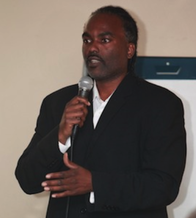
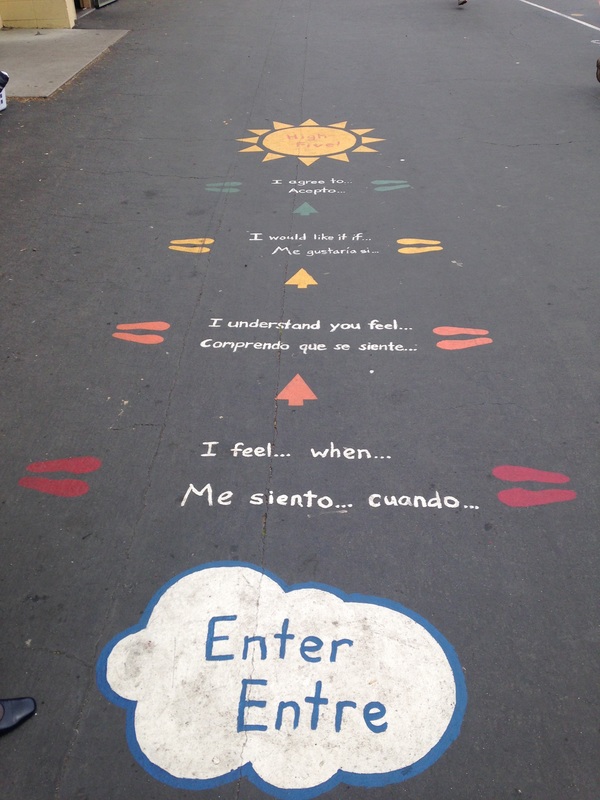
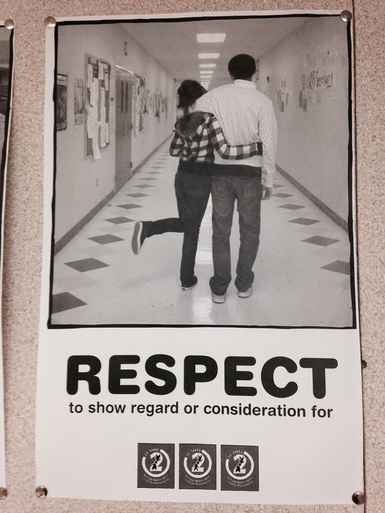
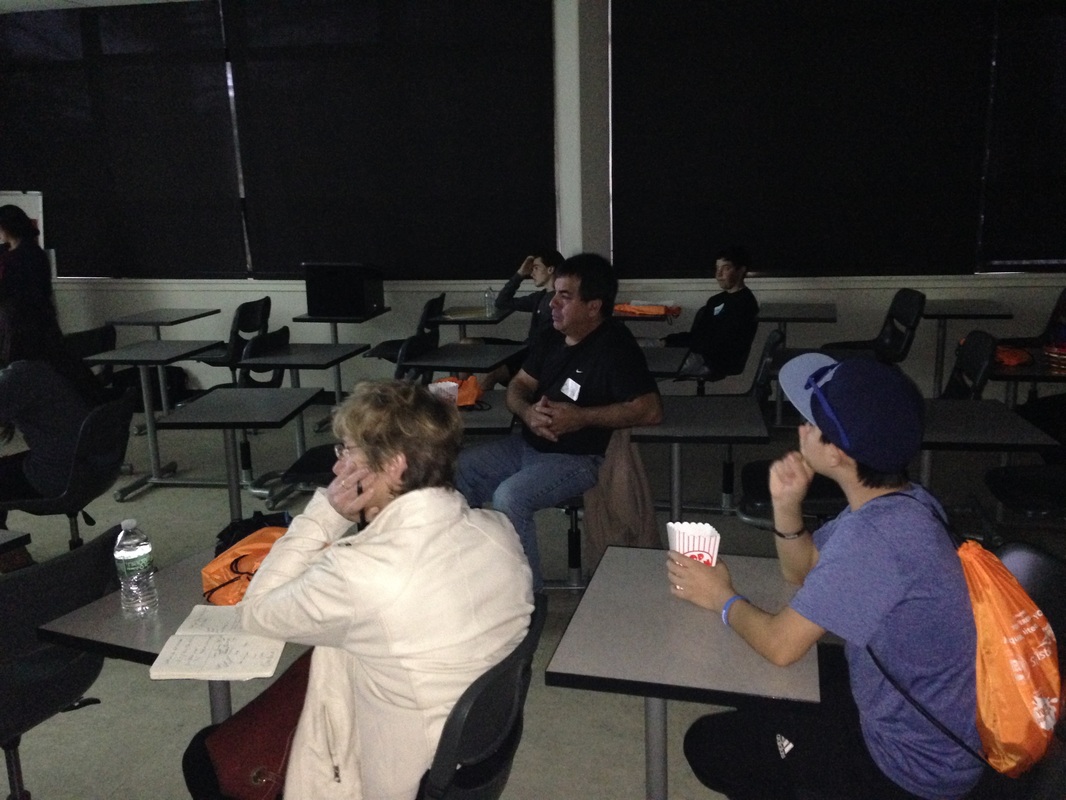


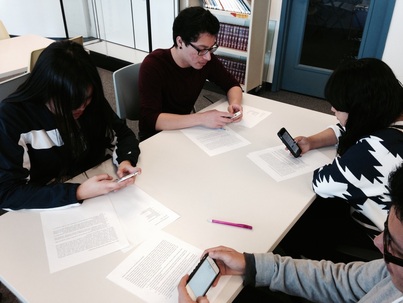
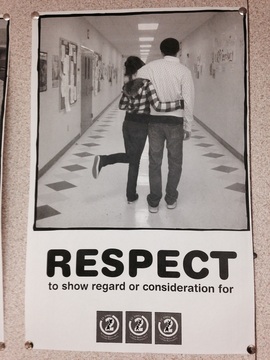
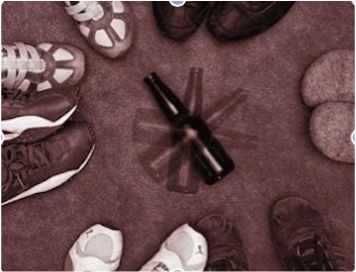
 RSS Feed
RSS Feed
